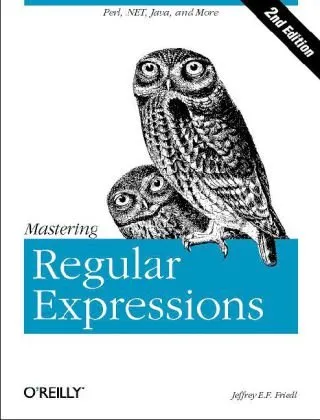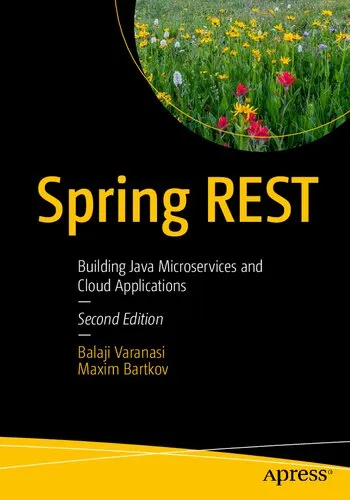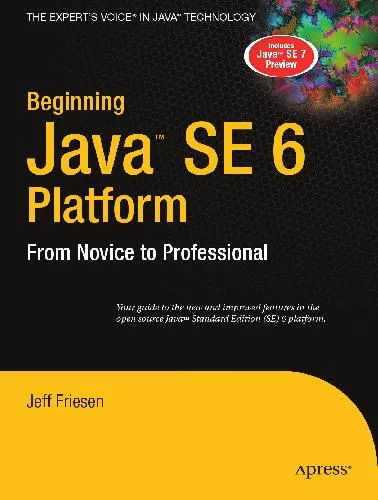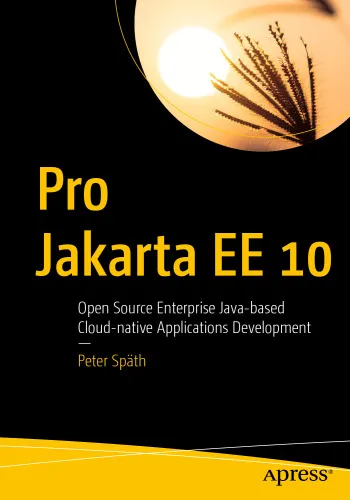J2EE Open Source Toolkit: Building an Enterprise Platform with Open Source Tools (Java Open Source Library)
4.6
Reviews from our users

You Can Ask your questions from this book's AI after Login
Each download or ask from book AI costs 2 points. To earn more free points, please visit the Points Guide Page and complete some valuable actions.Related Refrences:
Introduction to "J2EE Open Source Toolkit"
The rapidly evolving digital landscape demands robust, scalable, and cost-effective enterprise solutions. "J2EE Open Source Toolkit: Building an Enterprise Platform with Open Source Tools" serves as a comprehensive guide for architects, developers, and professionals looking to harness the power of open-source tools in crafting J2EE-based enterprise-grade applications. This book presents a hands-on approach to leveraging open-source technologies within the J2EE framework to create secure, scalable, and maintainable platforms. Written by John T. Bell, James Lambros, and Stan Ng, this valuable resource highlights the perfect synergy between cost-effective open-source solutions and the widespread adoption of Java 2 Platform, Enterprise Edition (J2EE).
In this book, you’ll uncover how to choose and integrate the best open-source tools while staying compliant with enterprise requirements. Packed with practical examples, case studies, and step-by-step instructions, the book empowers developers to confidently build and deploy enterprise platforms suited to modern demand, without breaking the budget. By the end of this book, readers will have a working comprehension of how to construct resilient systems that blend open source affordability with corporate-grade standards.
Summary of the Book
At its heart, "J2EE Open Source Toolkit" is about demystifying the integration of open-source tools within the J2EE ecosystem. It starts by laying a foundation with an overview of J2EE and the role of open source in enterprise development. The book then explores a wide array of open-source tools, providing detailed guidance on how each fits into the J2EE workflow.
Readers will gain insights into configuring critical components such as web servers, application servers, databases, and frameworks. The authors explore tools like Apache Tomcat, Hibernate, JUnit, and Ant, along with other lesser-known but highly functional Java libraries. The book also delves into best practices for designing enterprise architectures, explaining how to integrate these tools for Web applications, data persistence, security, and testing.
Importantly, the authors emphasize real-world applications by including multiple case studies and code samples that illuminate key points. Each chapter concludes with actionable items, ensuring that readers can immediately apply their newfound knowledge. Whether you're a beginner or an experienced developer, this book provides guidance tailored to your level of expertise.
Key Takeaways
- Understand the capabilities and limitations of various open-source tools in the J2EE ecosystem.
- Learn how to integrate tools like Apache Tomcat, Hibernate, Ant, and Struts into your enterprise platform.
- Master step-by-step techniques for configuring, deploying, and managing J2EE-based applications.
- Develop a deep comprehension of Java frameworks for database management, unit testing, and web development.
- Acquire best practices for building cost-effective yet scalable enterprise solutions.
Famous Quotes from the Book
“Open source isn't merely about saving costs; it's about empowering developers with control, flexibility, and a global community of collaborators.”
“Enterprise solutions are no longer bound by licensing fees—they’re driven by innovation and sustained by the combined intelligence of the open-source community.”
Why This Book Matters
Open-source technologies are revolutionizing how enterprises build software solutions. By bridging the gap between free, community-driven software and the demanding requirements of enterprise environments, "J2EE Open Source Toolkit" addresses a significant need in the software development industry. This book is essential for the following reasons:
- It empowers organizations to drastically reduce their development costs without compromising on performance or scalability.
- It provides developers with the tools and knowledge required to confidently integrate open-source solutions into enterprise projects.
- It highlights the challenges and solutions in leveraging open-source tools within a corporate context.
- It fosters a deeper understanding of how collaborative software can drive innovation and growth.
- It is a practical guide for overcoming the intimidation factor often associated with open-source adoption in corporations.
This book is not just a guide but a roadmap for transforming the way enterprises approach software development. It’s for developers, architects, and technology leaders who envision a future free from costly proprietary constraints while still achieving world-class results.
Free Direct Download
You Can Download this book after Login
Accessing books through legal platforms and public libraries not only supports the rights of authors and publishers but also contributes to the sustainability of reading culture. Before downloading, please take a moment to consider these options.
Find this book on other platforms:
WorldCat helps you find books in libraries worldwide.
See ratings, reviews, and discussions on Goodreads.
Find and buy rare or used books on AbeBooks.
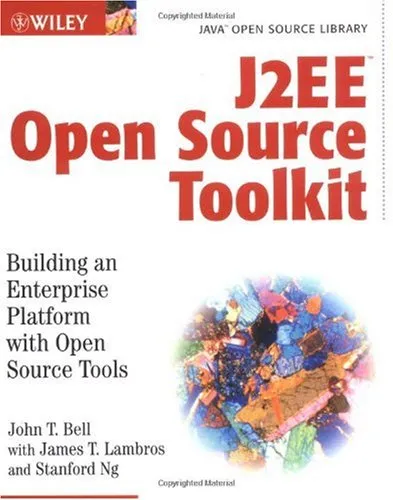
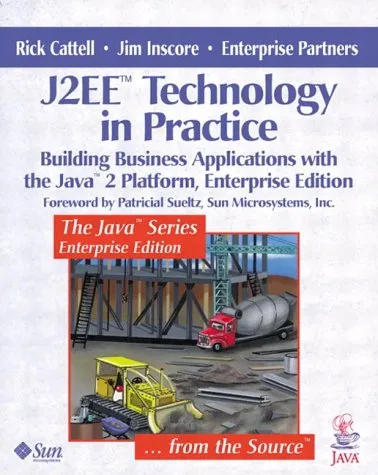
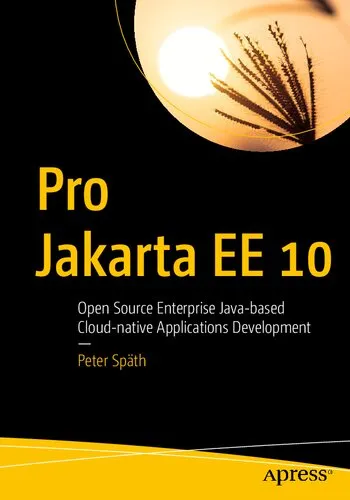
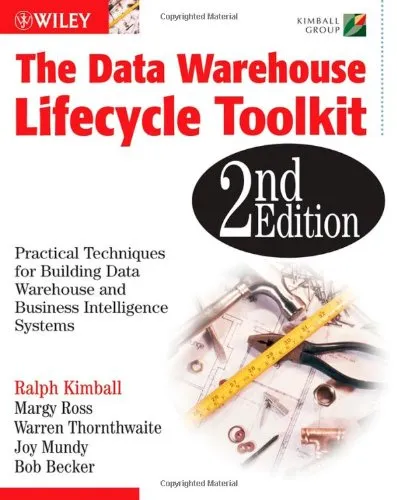
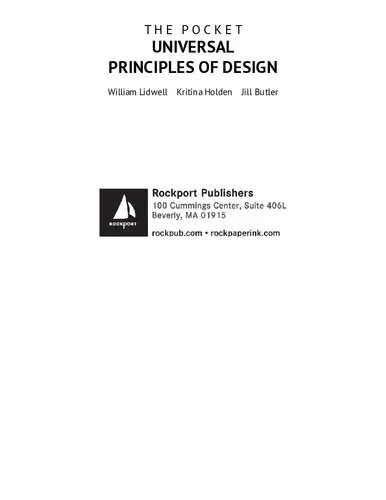
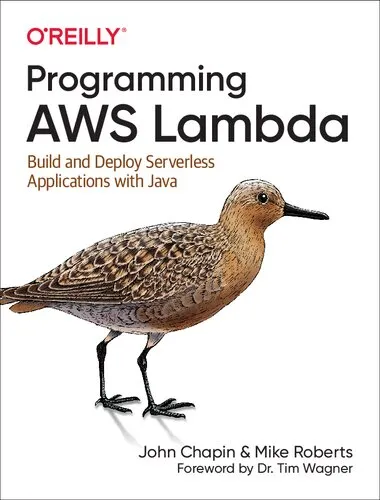

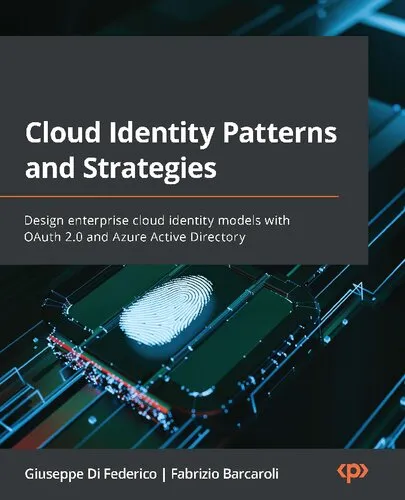
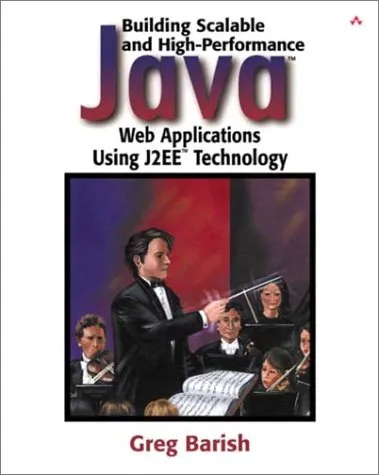
![Get Your Hands Dirty on Clean Architecture: Build 'clean' applications with code examples in Java, 2nd Edition [Team-IRA]](https://s3.refhub.ir/images/thumb/Get_Your_Hands_Dirty_on_Clean_Architecture__B_31019.webp)
